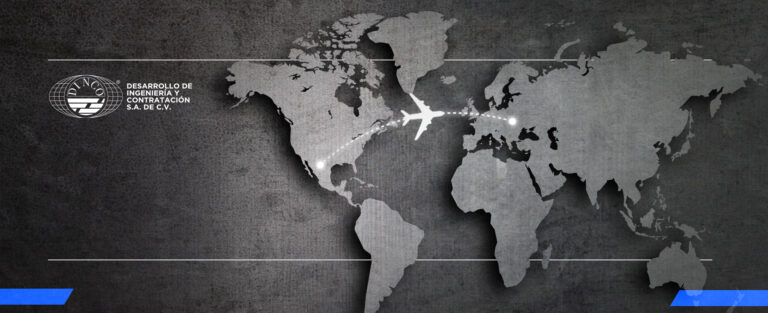In 2023, the nearshoring trend in Mexico continues to rise and gain popularity in the service and manufacturing industries. Nearshoring is the business practice of relocating activities such as production, software development, and customer service to nearby countries instead of distant locations.
In the case of Mexico, it has become a highly attractive destination for this practice for several reasons. Firstly, its geographical proximity to the United States and Canada, which are Mexico’s two main trading partners, makes it a convenient alternative for companies that want to establish and maintain close communication and collaboration with their overseas teams.
Moreover, Mexico offers a competitive and skilled workforce, particularly in sectors such as information technology, design, engineering, and manufacturing. The country also has a wide range of universities and training centers that produce qualified professionals in these fields, providing companies with access to specialized talent.
Cost is also an important factor. While salaries in Mexico are higher compared to other low-cost Asian countries, they are still lower than those in the United States or other developed countries. This allows companies that establish themselves in Mexico to reduce costs without compromising the quality of work.
Additionally, the Mexican government has implemented support programs and fiscal incentives to promote nearshoring. These incentives include training and development programs, as well as facilities for the establishment and operation of foreign companies in the country.
It is important to note that the location of nearshoring factories can change and evolve over time, depending on various factors such as market demand, available infrastructure, and government incentives.
In summary, the nearshoring trend in Mexico is expected to continue rising due to its geographical proximity, skilled workforce, competitive costs, and government incentives. These factors make Mexico a highly attractive destination for companies looking to outsource certain activities while maintaining a close relationship with their overseas teams.


